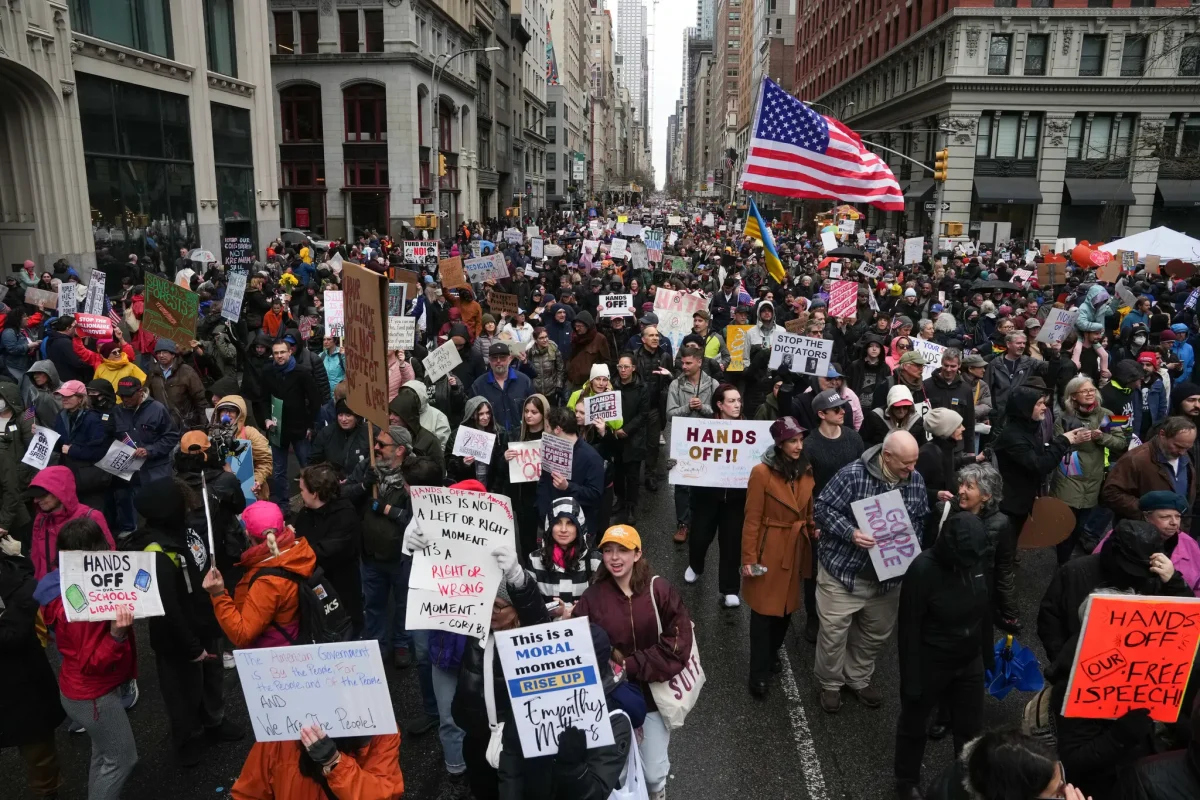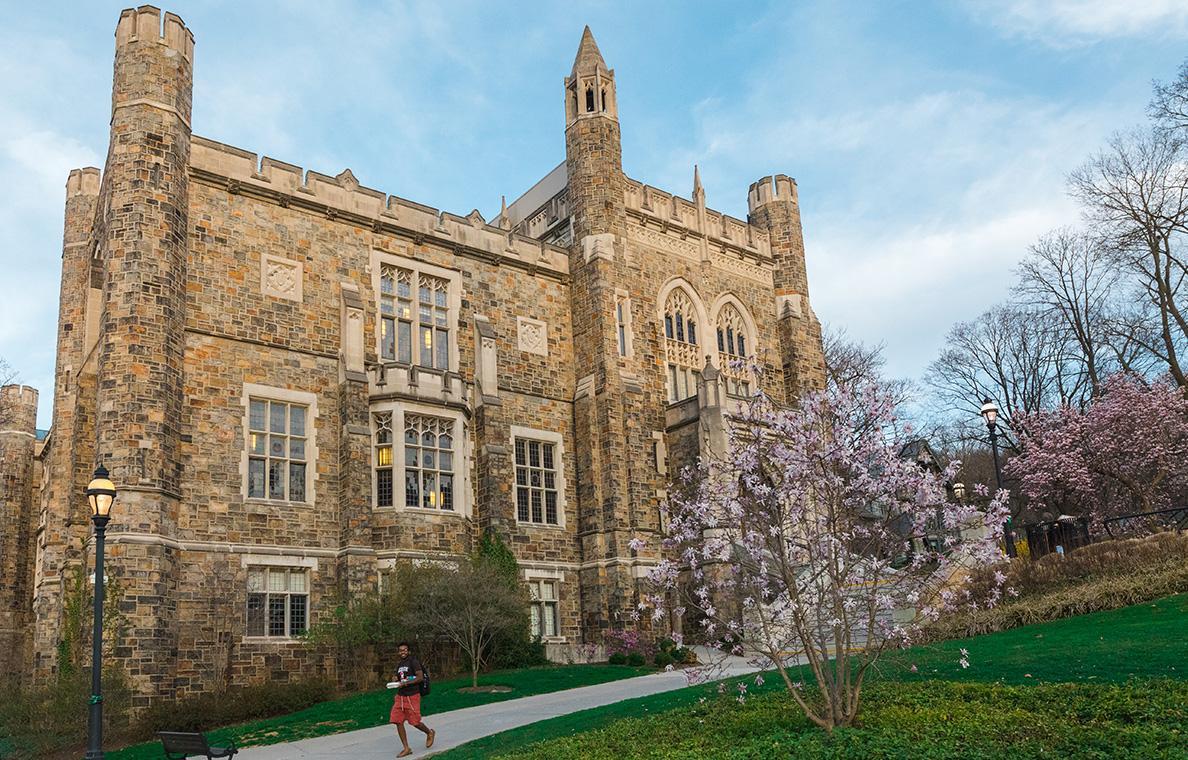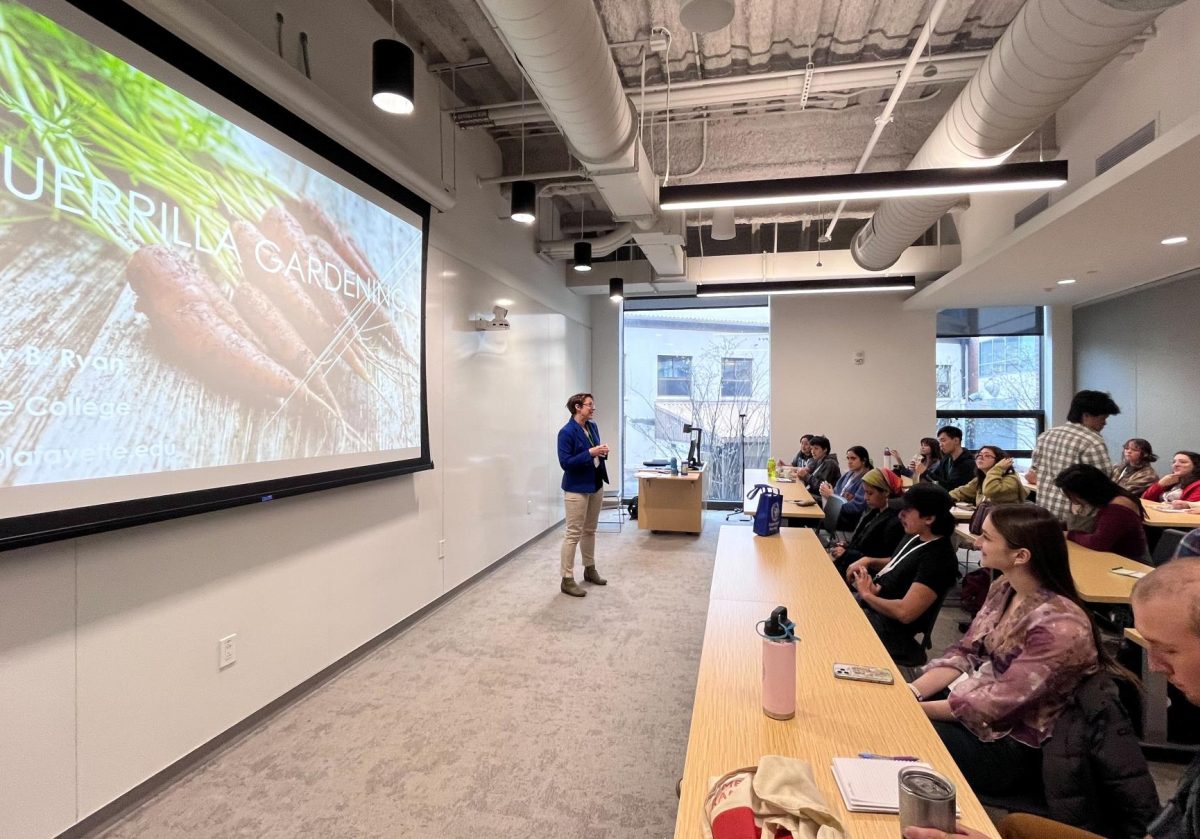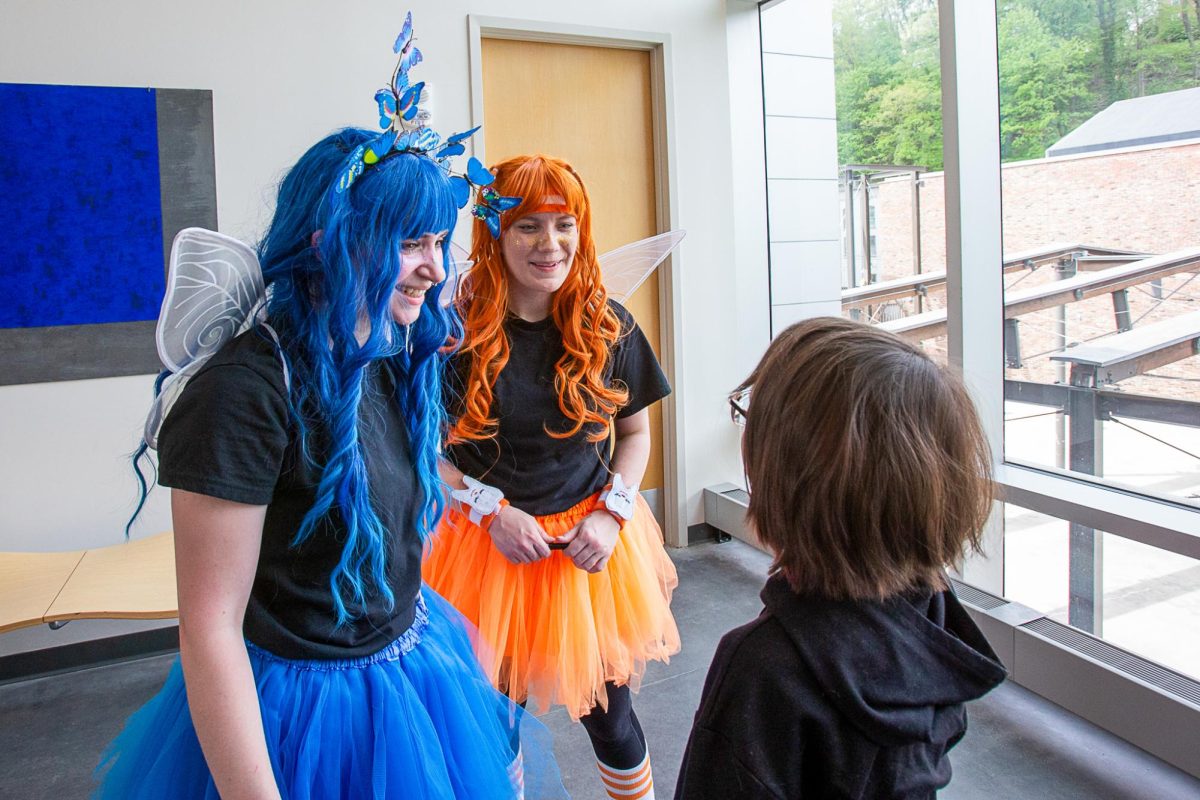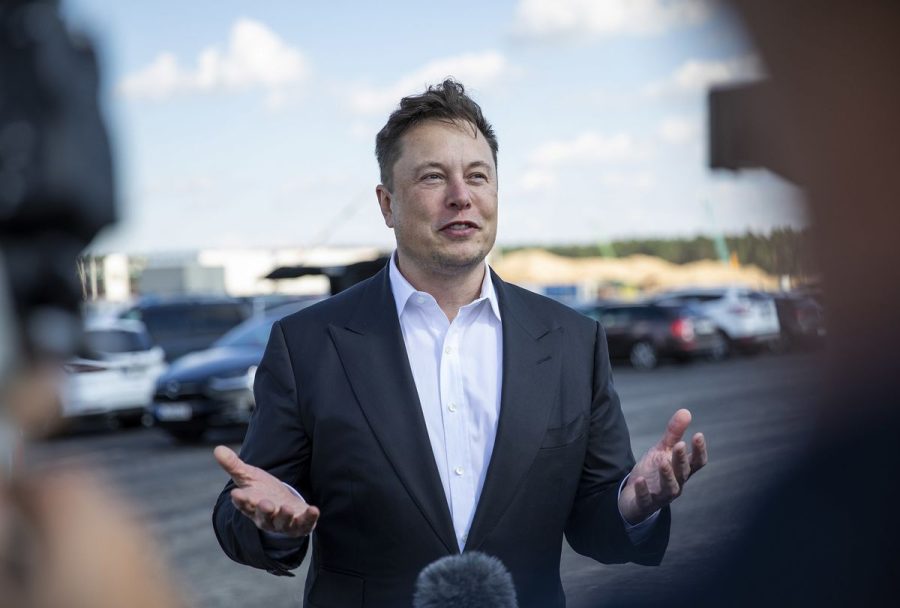Following months of lawsuits, circumvention and a narrowly avoided trial, billionaire Elon Musk has officially acquired Twitter in a $44 billion deal.
“The bird is free,” Musk tweeted on Oct. 27 in reference to his purchase.
Musk, the richest man in the world and CEO of Tesla and SpaceX, has wasted no time making drastic changes to the social media platform, immediately firing four of Twitter’s top executives. A self-proclaimed “free speech absolutist,” Musk has stated that he plans to restore previously banned users who violated Twitter’s content policy. Former President Donald Trump is one such user who was banned for inciting violence via Twitter during the Jan. 6 Capitol riot, though it’s unclear if Musk would allow him to return to the platform.
Although Musk has promised a content moderation council, he has also alluded to loosening content limitations and moderation policies on the site, bringing forth concerns that Twitter may facilitate the spread of misinformation, conspiracy theories and hate speech.
“What has happened since Musk’s takeover is alarming,” government & law professor John Kincaid wrote in an email. “He tweeted an anti-LGBTQ conspiracy theory about the attack on Paul Pelosi, and there has been a rise in racist, anti-semitic, and other hateful tweets. If this continues, many people will abandon Twitter. A number of public figures and celebrities have already left Twitter.”
In buying Twitter, Musk has transformed it from a publicly-traded to a privatized company. This has led many privacy and social media experts to raise concerns over how hate speech, misinformation and exacerbated political polarization will be handled. The platform plays a key role in shaping and spreading political news and discourse. Engineering studies professor Benjamin Cohen wrote in an email that placing Twitter’s ownership in the hands of a billionaire entrepreneur is a potentially precarious move.
“Musk has received billions in tax breaks and other subsidies to build his wealth, after which he pushes for tax relief and objects to public management of public goods,” Cohen wrote.
Many users recognize that Twitter can be unequipped to handle the constant spread of different sources of media and narratives. The platform has faced fierce competition from social media apps like TikTok, which has decreased Twitter’s engagement and profitability. Twitter has reported a sharp decline in their most active users over recent months, and stock prices tumbled after Musk’s takeover.
“If Twitter loses market share, it will be a minor, not major, political force,” Kincaid wrote. “If Musk wants to make money, he needs to make Twitter much more reliable, informative, and entertaining.”
Cohen was also not optimistic about Twitter’s future.
“Twitter is already not a well-functioning platform, so it’s likely we’ll be seeing one bad version slowly turn into a different bad version,” he wrote. “And by bad, I mean not well-prepared to foster engaged discussion, not structured to facilitate democratic mechanisms for public debate, and not built for the purpose of bringing communities together.”
Social media sites often shape political opinion, and those in control of these sites hold significant power. Experts fear this power, now in the hands of Musk, may be incompatible with democracy.


